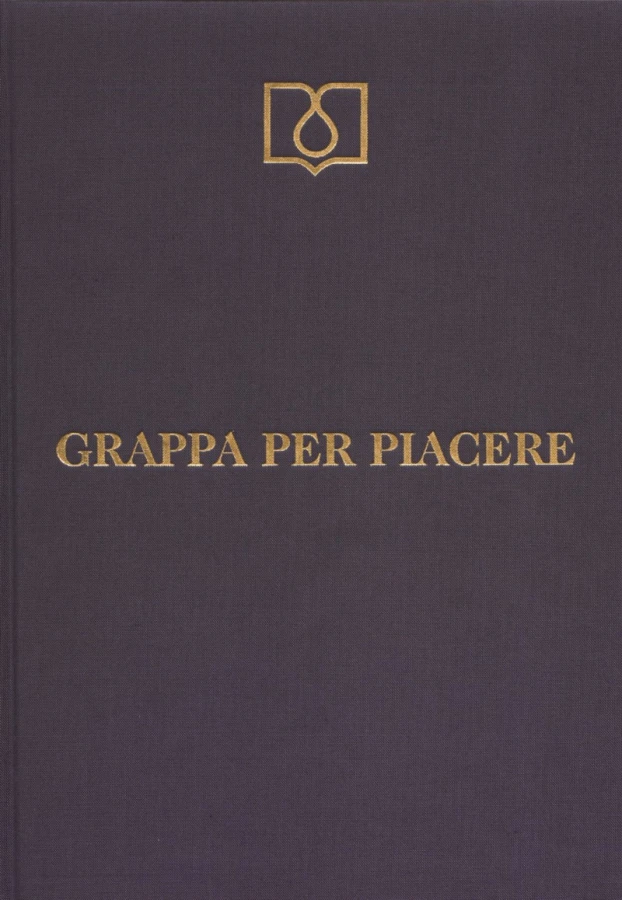Grappa per piacere
Description:
"Grappa for pleasure"
To paraphrase what the great oenologist Emile Paynaud said about wine, we can say it is bad drinkers who make bad Grappa. In other words, if you do not know the characteristics, qualities and defects that make up the quality of Grappa, it is impossible to be good drinkers, and you also become an accomplice of bad grappas, since you deny the good ones the recognition they deserve. But you can become a connoisseur of Grappa quality, and therefore a good drinker of quality grappa, also in order to learn how to take pleasure from its wise consumption. The theme we assigned ourselves, and then tried to discuss, involves an elementary logical path: learn in order to appreciate quality and take pleasure from it. An obligatory and necessary path, but certainly laborious for whoever ventures on it without a good guide. The world of tasting is full of solitary tasters who volunteer to measure and judge the sensory qualities of food and drinks. These people, however, shirk any form of measurement or judgment, whilst we believe that whoever takes on the task of measuring or judging should in turn be measured and judged. Of how many of these people, who still enjoy a solid reputation in the sector, do we know the predilections and dislikes? With what expectations and in what mood do they prepare for tasting and in which environmental conditions do they operate? And again: what are their thresholds of detection, recognition and sensory identification? What are their measurement scales, methods, parameters and terms used to recognize, analyze, describe and communicate the result of their very personal tests? In short, is there anyone of them who can certify his neurophysiological and psychological aptitude to the task he deliberately took on and who will disclose the method he uses to judge? Somebody who can declare himself free from sensorial distortions or cognitive hallucinations due to psychological and sociological (environmental) interferences? Well, these questions, which remain unanswered in amateur tasters and influence their judgment, are the ones that sensory analysis took care of studying, in order to work out a method to govern such influence in examining and formulating a judgment that should be, as much as possible, reliable. On the other hand, taste adventurers operate and judge with a fully personal holistic approach, to waste an ennobling term, that does not involve codified, and especially validated, procedures, preferring to rely on their own unchallengeable procedures, empirically developed through an experience certified only by an unquestionable, totally individual, sensory memory. To all of them we recommend, to purge and correct their approach, if not the practice at least the comparison with sensory analysis methods. For all the others, who do not think of posing as professional tasters and only want to take pleasure from food and drink, the rule remains as stated at the beginning: learn in order to appreciate. Because, as sensory analysis tells us, it is our brain that in the end focuses and directs that complex vital mechanism that we call pleasure.
Biographical Notes:
Photogallery:
Request Document
To download the entire document, please send a request by filling out the form.
The fields marked with (*) are mandatory
Download Document
Log in to access reserved documents.


